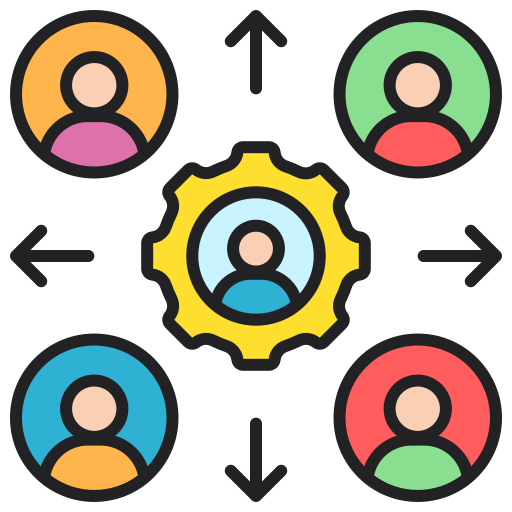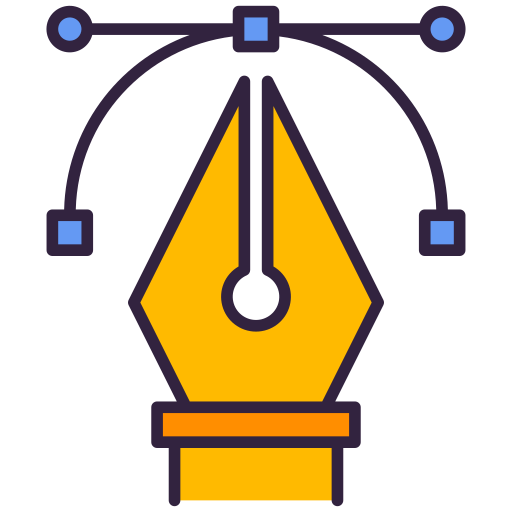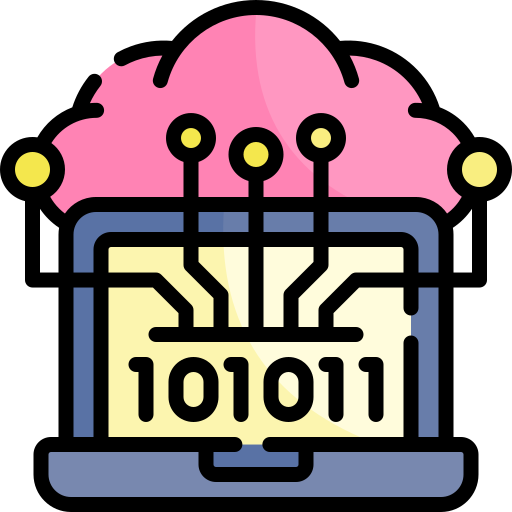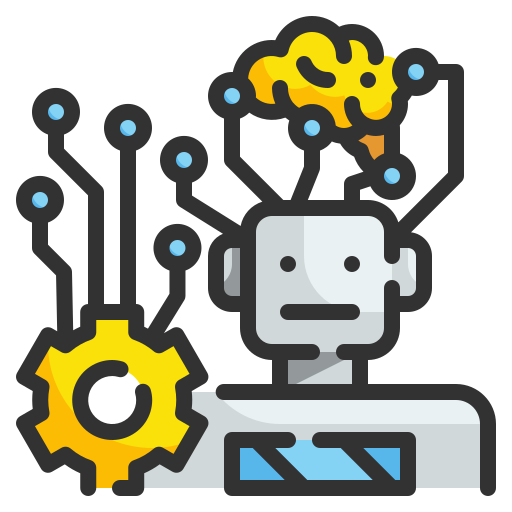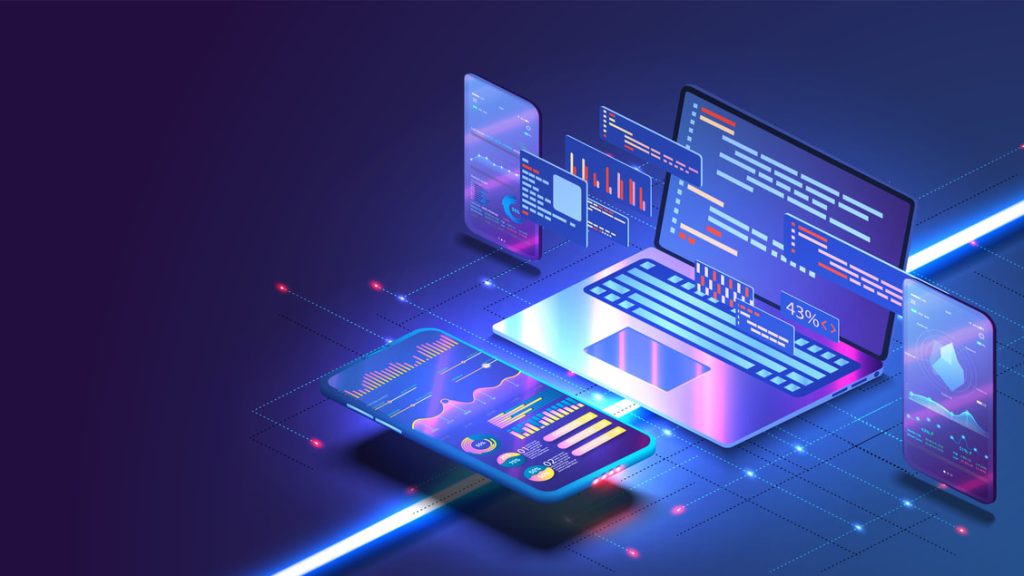Full stack developers have expanded their reach on the job market. They have the required skills for front end and back end development which is highly sought after. A crucial decision every developer has to make is whether to go solo or work full-time with a single company. There are advantages and disadvantages in both choices and the determination of which is better will depend on various personal and professional factors.
Freelancing as a full stack developer
Being self employed gives one a unique level of freedom allowing one to hand pick projects that best fit his interests and skills. Here are some benefits and challenges of freelancing:
- Independent Contractor – Being self employed means that one does not depend on a single employer.
- Skill Diversification – Freelancers have the opportunity to work with many different environments and technolgies.
- Higher Earning Potential – One can work with multiple clients at the same time.
- Flexibility – One is able to choose where to work and when to work.
As much as freelancing is a great opportunity for full stack developers to improve their adaptability to new frameworks, new technologies and branch out to different industries, it is difficult because one needs a strong professional network to be able to get work consistently.
- Self Discipline – Freelancers need to be smart with their time and self motivated.
- Inconsistent Income – The money earned each month is not fixed and does vary.
- Lack of Job Security – No work and vague benefits.
- Client Management – Dealing with contracts, invoices, and negotiations Full Stack Developers .
For those willing to put in the effort and enjoy a flexible working environment, freelancing can be a fulfilling career path despite its downsides. Developers, for instance, can leverage their skillsets to carve out a sustainable freelance career while keeping their work-life balance in check.
Working as a Full stack developer employee full time
A full-time position gives good prospects for career advancement and Full Stack Developers along with a good degree of stability. Here are associated pros and cons:
Pros:
- Constant Revenue: Fixed salary, health benefits, and paid time off.
- Career Advancement: Possibilities for further training and attending workshops, getting promotions.
- Teamwork: Gain experience and training while working in a team.
- Work-Life Balance: Expectation of defined working hours and no or very few “unknowns.”
The advantages of working full time is that you get long term benefits which will help individuals wishing to strengthen their career prospects. It is also Full Stack Developers common for developers to have a preferred level of structure within their workplace that provides them with ample opportunities to learn and grow.
Cons:
- Little Freedom: Working hours and office procedures are fixed.
- Earning Limit: The potential to earn is capped.
- Less Variety: The same project or technology stack may be worked on for prolonged periods.
- Employer Dependency: Possibility of being laid off due to various organizational decisions.
While freelancing can offer energetic understanding, it is not as stable as full-time employment, which offers enhanced professional stature and development. Employees regularly avail extra perks such as training sessions, team working, and career focusing industry guidance.
Which Option is Best?
The selection for freelancing versus employment is drawn from one’s self-held principles:
Freelancing perfectly suits a self-disciplined individual who cherishes independence and variety in work.
Full-time employment on the other hand best serves an appreciative individual who progressively aspires for career acceleration with a systematic, fixed salary income.
Even though freelancing fosters more financial freedom and control, self-discipline and constant self-initiated work is required in order to keep pace. On the contrary, while financial gains and career development are guarantees of full-time work, the structure of work is often at a rigid focal point. Based on their priorities, every developer needs to choose what works best for them.
Conclusion
A full stack developer has to posses a unique blend of skills which will prove beneficial in both freelancing and working full time. Carefully evaluating financial goals, work habits, and advancement aspirations will surely pave way in the quest for the right choice. It does even matter the road taken, keeping up with the newest developments in the field service and new technologies requires rigorous effort for a sustained benefit.
Ultimately, the decision will vary from person to person based on their objectives, amount of risk they are willing to take, and how they prefer to do their work. In whichever mode of work one chooses, be it freelancing or as an employee, it is critical to note that for full stack developers, continual learning, flexibility, and a drive to create novel digital products is a must.
======================================================================
The Future of Full Stack Development: Trends & Innovations
Full stack development is one of the sectors that is constantly changing and can impact the digital world. As technology improves, the responsibilities of full stack developers are becoming even more complex. This article looks at new changes and inventions that are poised to change the scope of full stack development.
The Rise of AI and Automation
Full stack development is experiencing a change due to the introduction of efficient AI and automation technologies. With the development of AI powered code builders and automated testing, manual coding is becoming obsolete. These tools are helping developers streamline their workflows and increase productivity.
The Growth of Serverless Architecture
The concept of serverless computing is gaining traction as many companies search for scalable and inexpensive options. Full stack developers are increasingly utilizing serverless architectures to construct applications without the need to maintain infrastructure, resulting in faster application deployment, as well as lower operational costs.
Progressive Web Apps (PWAs)
PWAs are changing the world of web development for the better by providing a fast and engaging user experience. As full stack developers increasingly embrace PWAs, users will be able to access advanced web applications directly in their browsers without the hassle of installing native apps.
The Growth of JAMstack
With the shift in architecture and technologies used for crafting high-performance web applications, JAMstack (JavaScript, APIs, Markup) has emerged as one of the favored alternatives. By separating the front-end from the back-end, JAMstack improves security, speed, and scalability which are crucial factors for a modern web application.
Platforms With Low And No Coding Capabilities
The new wave of low and no-code platforms is making it possible to develop applications significantly more rapidly without the need for extensive coding knowledge. These platforms are ubiquitous among full stack developers as they help reduce the time taken to deliver a project at the same level of customization for complex applications.
The Change To Microservices
Developers have embraced microservices architecture as a substitution for Traditional Monolithic Applications. This approach makes it easier to create scalable applications while using modular components. Full stack developers are able to innovate freely by designing independent microservices that can be changed and released to production without impact the overall system.
Integrating Blockchain
Full stack development is rapidly adopting blockchain technology in regards to secure transactions, identity management, and decentralized applications (DApps). The use of blockchain in web applications enhances the security and transparency of the application.
The Impact Of Cybersecurity
Full stack developers are adopting encryption and authentication measures to enhance security as cyber attacks become much more advanced. With the growing focus on cybersecurity, applications will be more secure and protected against malicious attacks.
The Bottom Line
With technological shifts and ever-changing future prospects, full stack development has no shortage of opportunities. Developers who tend to keep up with the current trends while being innovative stand to have a successful career. Full stack developers have to constantly evolve and innovate to embrace everything from AI to serverless computing and cybersecurity, if they want to stay relevant in this fast-paced industry.





